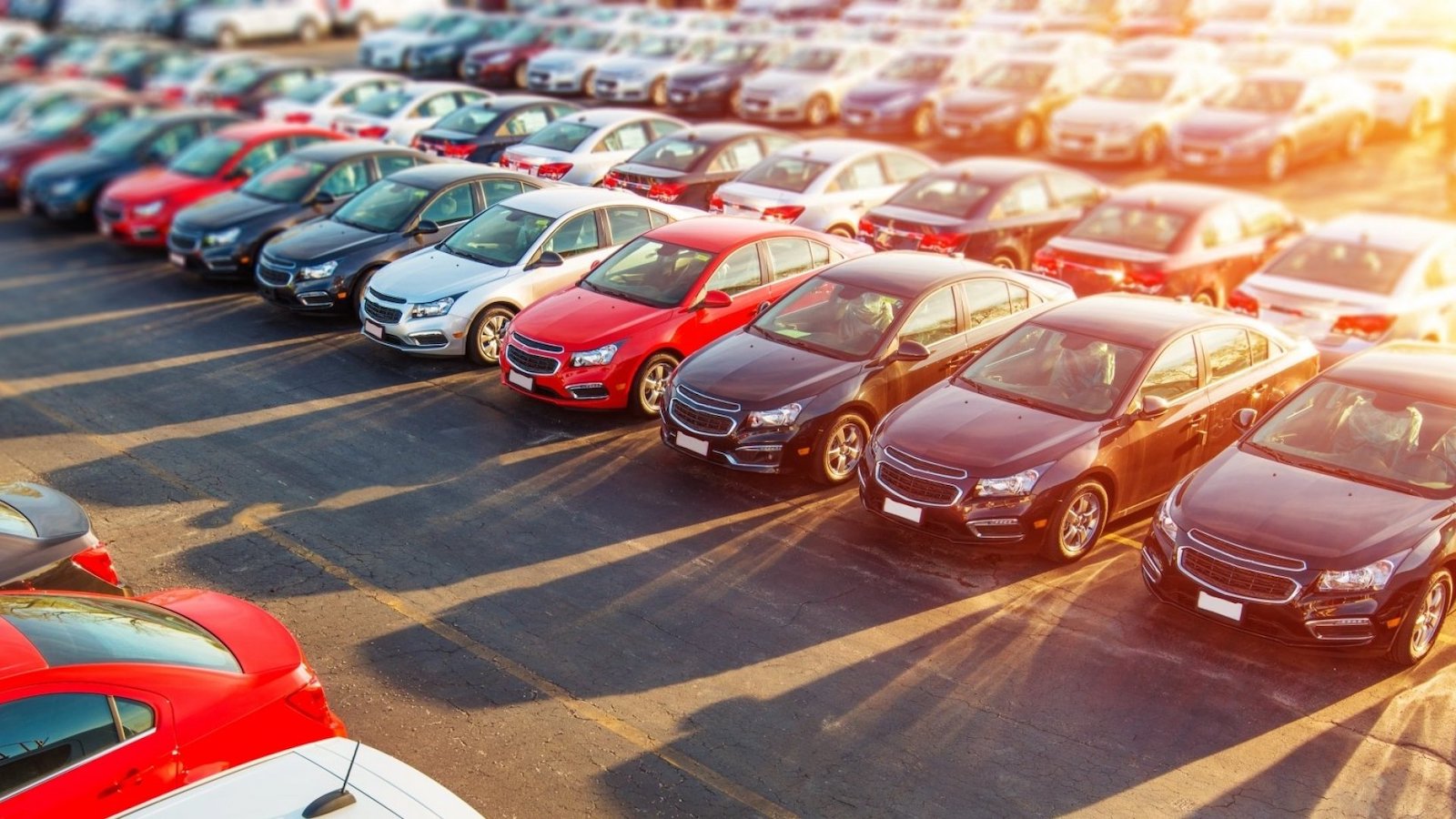
Biden’s War on Cars Hits the Working Poor the Hardest
Upward mobility, or should we just say mobility, will become an increasing challenge in Joe Biden’s America
American drivers have almost certainly felt the full dollar per gallon price hike over the last year as one of the most tangible results of the Biden presidency. While there are many factors that contribute to the rise in gas prices, generally all of them can be traced back to some form of government mismanagement. Worldwide economic shutdowns and slowdowns carried out in the name of public health continue to disrupt the supply chain. Runaway inflation caused by reckless stimulus spending has raised the price of almost everything, gasoline included. Most notably, Biden opted to curtail domestic oil production by canceling the Keystone XL pipeline on his first day in office.
However, it’s not just our ability to afford gasoline that remains under assault—it’s our ability to afford automobiles at all. Americans used to have the luxury of partaking in the age-old ritual of haggling with the salesperson and cruising off the lot in a new vehicle, grinning about how much under sticker price they paid. Nowadays, you pay the price they tell you you’ll pay without a second thought. Here in Charleston, South Carolina, where I live, a local Honda dealer’s radio commercials brag that they are selling cars at MSRP instead of for an additional mark-up. The semiconductor shortage caused by the aforementioned labor shutdowns and slowdowns is probably the largest factor in this current spike, which is also affecting used cars, as inventory remains scant. That doesn’t mean, however, that we can expect any relief once supply chain conditions normalize.
Last month the EPA announced that they would be raising the average fuel economy that automakers’ fleets must hit to 55 miles per gallon by the 2026 model year—a full 15 mpg increase from 2021. You may have heard that Dodge was already canceling their V8 Hellcat and Hemi powertrains after the 2023 model year, and plans to replace the Hellcat with a new electric vehicle in order to avoid EPA penalties. Dodge’s parent company, Fiat Chrysler, has been hit with hundreds of millions of dollars in fines in recent years for emissions-related violations, including not meeting the fleetwide average standard.
Dodge is not alone among automakers in the choice that they face: go electric to avoid paying exorbitant fines, or pay the fines and pass that cost along to consumers. The administration’s hastened march toward EVs spells trouble for commuters of little means, though. According to Kelley Blue Book, electric vehicles cost consumers an average of $56,437 in November of 2021, more than $10,000 above the industry average, and well over double the cost of the compact cars that so many lower-income Americans rely on to stay mobile.
This isn’t the only example of the Biden administration’s new regulations on vehicles. The $1.2 trillion infrastructure bill passed last year contained a new mandate (also to be implemented by 2026) that new vehicles be equipped with anti-drunk driving technology, such as features that might monitor the driver’s attention and actions or detect blood alcohol levels using sensors. The Orwellian nature of this technology notwithstanding, it obviously wouldn’t come cheap, and will likely raise the price of basic, low-tech subcompacts like the Mitsubishi Mirage, Chevy Spark, or Nissan Versa substantially.
The concept of personal vehicle ownership may just simply become out of reach to many low-income Americans as we continue down this trajectory of not allowing affordable, basic cars to exist for people of little means. When you’re not able to afford a car, what kind of job opportunities are available to you? In a nation where many metropolitan areas’ public transit systems are shoddy and unreliable (not to mention time-consuming, unpleasant, and unsafe), a top question asked in job interviews is “Do you have reliable transportation?” Outside of only a handful of densely-populated, walkable cities, vehicle ownership remains a necessity for most Americans to be able to commute to a fulfilling, well-paying job.
A personal vehicle is also a sense of comfort and safety to many Americans. Those of us who live in areas prone to natural disasters rely on their vehicles every year to be able to evacuate affected areas. The local bus system isn’t going to be able to take every resident of a coastal city inland when a hurricane is approaching. Imagine being a battered mother seeking to escape an abuser with your children. With a car, couldn’t you get farther, faster? Or even have somewhere to sleep at night if you have no other option?
In order to keep Americans free and economically mobile, it is important to keep them literally mobile. In this pandemic era it is understandable that this would be an issue far from many people’s minds. In fact, these pieces of regulatory news likely slipped under many citizens’ radars last year. The World Economic Forum predicts that by 2030, “you’ll own nothing and be happy.” I for one find it difficult to imagine that most Americans will find themselves living more joyful, fulfilling, and prosperous lives when car ownership is a luxury of the rich—and average people are reliant upon someone else (least of all government) for their transportation. Whether you want to take yourself to the other side of the country or just to the other side of town, it’s a true sense of freedom we are blessed with that we can get there with the simple turn of a key. It may be time to stop taking that freedom for granted.
Free the People publishes opinion-based articles from contributing writers. The opinions and ideas expressed do not always reflect the opinions and ideas that Free the People endorses. We believe in free speech, and in providing a platform for open dialogue. Feel free to leave a comment.




Natasha
WELL DONE!!! I enjoyed your editorial here and couldn’t agree more! Owning and using your own car is one of the ESSENTIAL (but still limited) FREEDOMS we have left and MUST PROTECT and DEFEND. You can’t really survive in modern times without one. Cars have been around for over a hundred years. We wouldn’t have progressed as far as we have had without them. Most states DO NOT have efficient or safe public transportation options and that makes it NEARLY IMPOSSIBLE to merely exist , not to mention commute to and hold a job to remain a functioning member of society. Eliminating cars would be a GRAVE MISTAKE for ENTIRE ECONOMIES that will take us back to the dark ages. In this so-called “land of the free” it seems that our choices and personal freedoms are being ripped away right and left, no more womens rights now no more vehicle ownership. Not much to look forward to….in their effort to “save the environment “ it seems they won’t have much left if they do because it will obliterate our infrastructure and ravage our economy until there is nothing left to enjoy or even have the will to live for. When mere basic existence of simply acquiring essential supplies and food becomes a literal and unnecessary struggle you really have to question these anti-car people and their UNREALISTIC EXPECTATIONS of others. If they don’t like cars, they don’t have to drive one, freedom of choice.